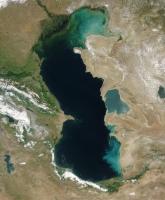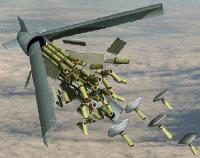
The recent improvement in relations between Azerbaijan and Turkmenistan could help remove a major obstacle to the exploitation of Caspian Sea energy reserves. When Gurbanguly Berdymukhammedov arrived in Baku on May 19, he became the first Turkmen president in over a decade to visit Azerbaijan. The two countries severed ties in 1999 over an Azerbaijani decision to develop an oil and natural gas field that the Turkmenistan government also claimed. Until now, the unresolved dispute among the five Caspian states over how best to divide and manage the sea and its valuable subsurface natural resources has impeded efforts to exploit […]


